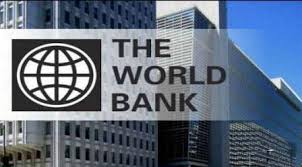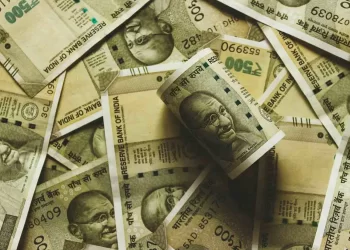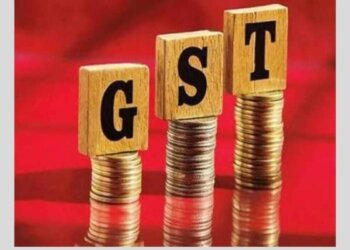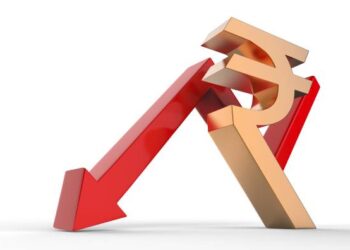The Government of India, the Government of Chhattisgarh and the World Bank today signed a $100 million project to develop sustainable production systems that allow tribal households in remote areas of Chhattisgarh to practice round-the-year production of diversified and nutritious food. CHIRAAG – Chhattisgarh Inclusive Rural and Accelerated Agriculture Growth Project will be implemented in the southern tribal-majority region of the state where a large population is undernourished and poor. The project will benefit over 180,000 households from about 1,000 villages in eight districts of Chhattisgarh.
Dr. C. S. Mohapatra, Additional Secretary, Department of Economic Affairs, Ministry of Finance stated that “In India, agriculture is a major livelihood provider and the Government of India is committed to achieving the goal of doubling farmer income by 2022. The CHIRAAG project in Chhattisgarh will lay the foundation for a diverse and nutritive food and agriculture system, mobilize smallholders into farmer producer organizations and increase incomes by improving their access to profitable markets.”
The loan agreement was signed by Dr. C S Mohapatra, Additional Secretary, Department of Economic Affairs, Ministry of Finance on behalf of the Government of India and Mr Junaid Kamal Ahmad, Country Director (India) on behalf of the World Bank. Whereas, the project agreement was signed by Mr Bhoskar Vilas Sandipan, Joint Secretary, Department of Agriculture on behalf of the Government of Chhattisgarh and Mr Junaid Kamal Ahmad, Country Director (India) on behalf of the World Bank.
Chhattisgarh’s rich biodiversity and diverse agro-climatic zones provide an opportunity to focus on an alternative model of development allowing the tribal-dominated southern region to leverage its natural resources, diversify and grow resilient crops; and assure a production system that takes care of the nutritional needs of every household.
“This project is part of the state government’s on-going efforts to build an inclusive development pathway for tribal communities, with special emphasis on the empowerment of tribal women,” said Mr Junaid Kamal Ahmad, World Bank Country Director in India. “By focusing on diversifying cropping systems, enhancing nutrition, and encouraging investments in irrigation and post-harvest technology, the operation will support tribal communities – including those in remote areas – through agricultural growth and increases in farmer incomes.”
To make agriculture nutrition supportive, the project will implement a series of activities that are climate resilient and profitable. Investments will be made in water-harvesting structures and irrigation facilities; integrated farming systems blending crops, fishery and livestock production; climate-smart production technologies and practices; developing value chains to ensure that surplus commodities reach profitable markets; and in making nutritious food available to tribal households.
The COVID-19 pandemic and associated response has disrupted access to economic opportunities, especially in rural and tribal areas. The project will help stabilize and restore the local food supply and production, secure livelihoods and expand income and job opportunities for people returning to their villages in pandemic-affected project areas.
The $100 million loan from the International Bank for Reconstruction and Development (IBRD) has a maturity of 17.5 years, including a grace period of 5.5-years.
Source:PIB







 Finance
Finance






